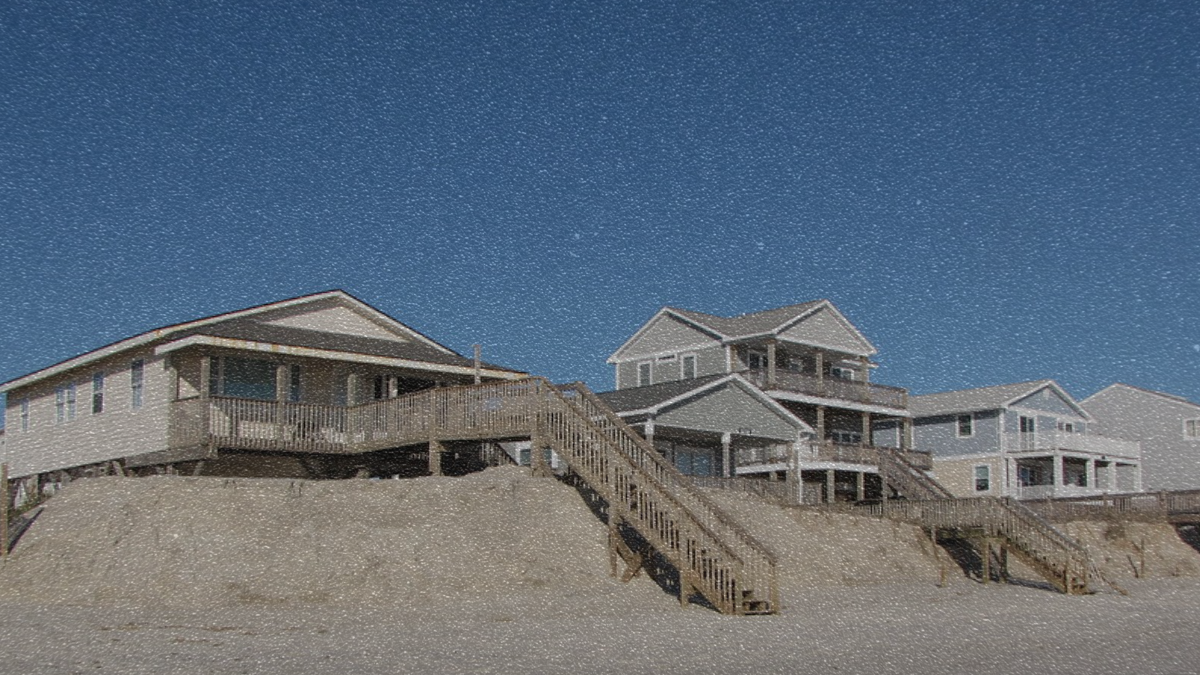Source: Wilmington Star-News
Oak Island’s beloved beaches are disappearing. Climate change has caused sea levels to rise and ever-stronger waves are gnawing away the coastline.
In 2016, after Hurricane Matthew washed away many of the island’s dunes, a town-sponsored dune restoration project pumped sand along 4.4 miles of beachfront. Then, Hurricane Florence washed away the beach again and another dune-restoration project was performed in 2022. Now, just two years later the beach is again in dire straits.
Oak Island officials are now scrambling for solutions. Replenishing the sand, a common practice, is proving difficult. Nearby sources are running low, forcing them to look further – a staggering 18 miles offshore. Because this puts the project into international waters it requires a permit from the US Army Corps of Engineers which has not yet been granted.
This offshore sand mining is a drastic measure. Hauling sand with a specialized dredge is incredibly expensive, with the project reaching a hefty $40 million price tag. Even this extraordinary solution might be temporary, as the root cause, climate change, continues to erode the shoreline.
Oak Island is not alone as many other oceanfront communities in North Carolina face unprecedented beach erosion. The need for long-term solutions to combat the effects of climate change on coastal communities like Oak Island is urgent. With more severe storms and rising sea levels expected in the coming years, the Outer Banks will continue to face significant challenges in protecting their properties and residents from the dangers of the rising Atlantic Ocean.





